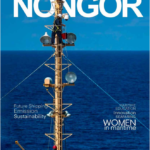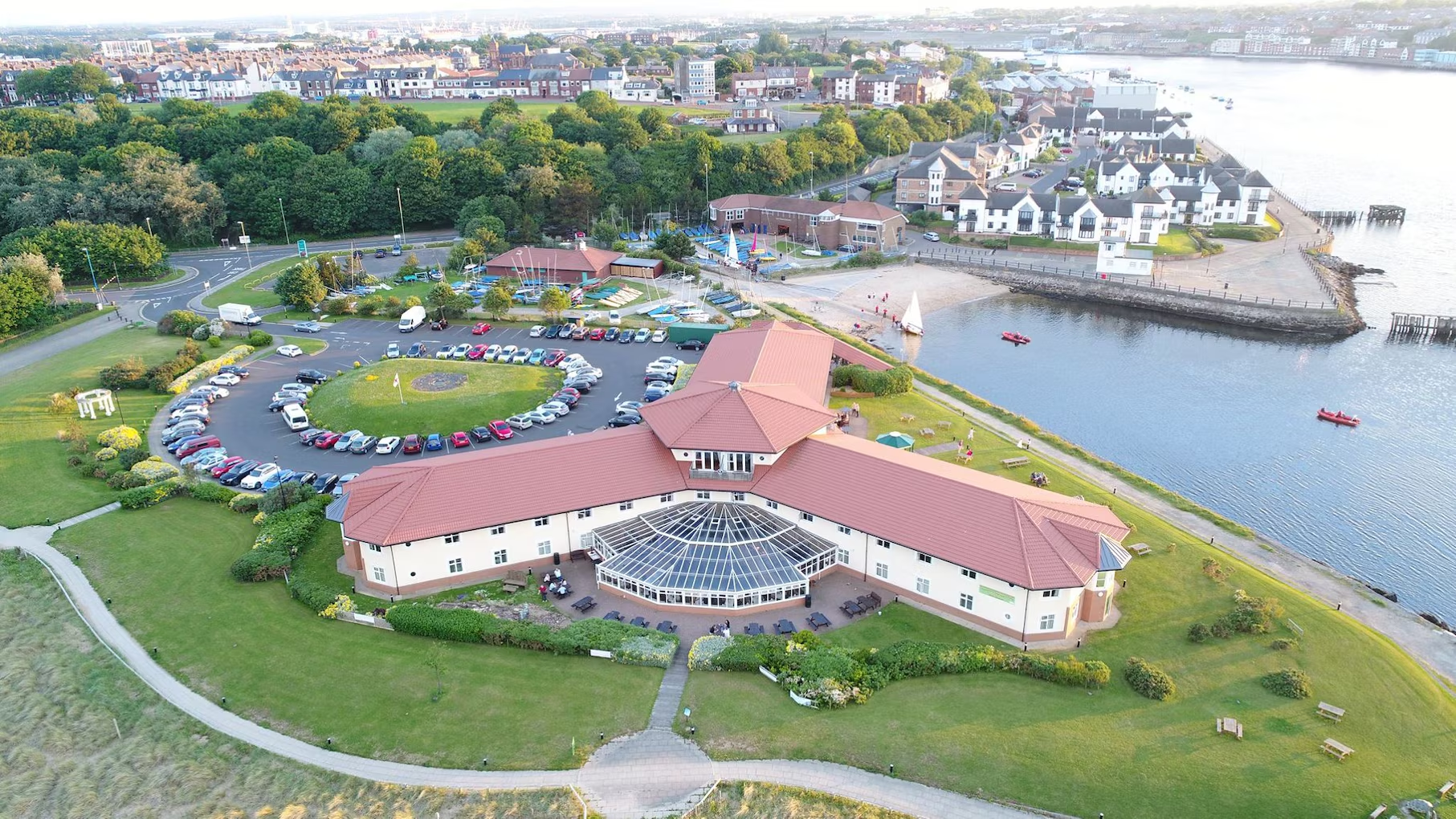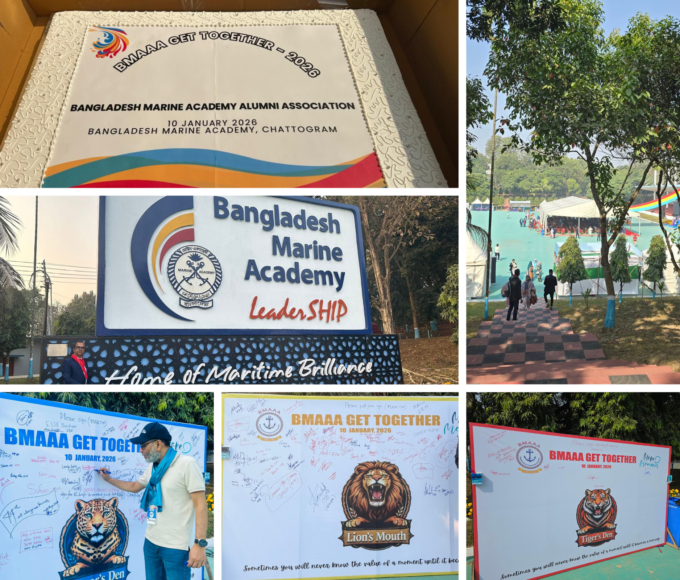When Bangladesh became independent in 1971 after a nine month long bloody liberation war against Pakistan, Henry Kissinger was the US Secretary of State. The US government was against the liberation war of Bangladesh, so was Henry Kissinger. Thanks to the unstinted support of world community at large, India and the then Soviet Union in particular, Bangladesh came out as an independent country in just about 9 months time. As an outburst of anger, Henry Kissinger said Bangladesh as an independent country was not economically viable, it was a bottomless basket.
Despite extreme economic hardship and ups and downs in its social and political journey over the years, Bangladesh has never been a bottomless basket. Transformed from a war ravaged, resource-starved, poverty-stricken Least Development Country (LDC) at independence, Bangladesh took hardly 50 years to emerge as one of the fastest going economies in the world. The country can now rightly boast of being a role model of development for many developing countries.
Online Psychology Degree in 12 Months
Fully Funded – See Options!
Bangladesh’s per capita income, that was USD 85 in 1972, is now USD 2554– which is presently higher than any other country in South Asia including India. Despite economic hardship as an aftermath of more than two years of the Covid-19 pandemic, the country’s GDP growth of 6.6 per cent this fiscal year and 6.9 per cent next year as forecast by IMF is highly commendable.
The country’s development activities over the years, especially in the last 10 years, under the leadership of Awami League chief Sheikh Hasina as Prime Minister of the country has been phenomenal. Her government has increased electricity production from 3000 megawatt to 20,000 megawatt in just about 10 years and production of another 5000 megawatt by 2024 is in the pipeline.
If there is one sector to be applauded for its outstanding performance, it is the agriculture sector. Bangladesh can be rightly proud of being self-sufficient in food production. The population of Bangladesh in 1971 was 75 million and now in 1922 it is estimated to be 175 million, that is 2.5 times higher than that of 1971, whereas the country’s food grain production during this period has increased 4 times. Fish and poultry industry has also shown remarkable progress.
If we talk about social indicators, the country’s performance is even better. Longevity of life was 43 in 1972. Now it is 72. Population growth was 3.3 per cent in 1972. Now it is 1.3 per cent. 70 percent people of the country were below poverty line in 1971. Now, even after the prolonged pandemic, it is below 30 per cent. Empowerment of women, infant mortality, enrolment in schools, literacy — in all these social indicators, Bangladesh is performing better than comparable countries in South Asia and beyond.
The mega projects like Dhaka Metro Rail, Karnafully Tunnel, Dhaka-Chittagong Elevated Express Way, the Padma Multi-purpose Bridge, Matarbari Thermal Power Plant and Ruppur Nuclear Power Plant which are likely to go into full or partial operation by 2023 to 2025 are bound to make a huge contribution to the economy of the country in terms of creating new jobs, expanding trade and business and improving living standard of the common people of the country.
This is one side of the coin which is rosier than many at home and abroad could anticipate. The other side of the coin is sadly uglier. The country is lagging behind in healthcare, education and good governance. Besides, corruption has assumed an endemic proportion.
A good healthcare system for the low income group people of the country is still a far cry. A vast majority of people live in the villages and they are mostly poor. They can hardly afford the expenses of medical treatment with their meagre income. Yes, there are public hospitals where they can get treatment almost free but the question is, how many and with what facilities are these hospitals running?
Every upazilla headquarter has only one 50-bed public hospital named Public Health Complex with sub-centres at some of the unions of that upazilla run by general, nonspecialised physicians and some community health clinics (without qualified physicians) at village level to meet medical needs of around five hundred thousand people living in that upazilla.
As a result, more often than not, the rural people have to rush to the district headquarters, if not the capital city, for proper treatment of their patients and for that matter, they have to pay through their noses which they can ill-afford. If we talk about the capital city where nearly 17 million people live, the situation is not much better either.
There are a number of public hospitals, both general and specialised, and some hospitals run by trust or autonomous bodies and a number of specialised private hospitals in the city. Sadly, the public hospitals, far short of the requirement of the city, cannot cope with the pressure, the reason why we see hundreds of patients lying on the floors or sharing beds with others in these hospitals. The specialised hospitals in the private sector are far too expensive for the common people.
Education system of the country has been a pain on the neck for a long time with no sign of early remedy. Quality education is still a day-dream. No wonder, Dhaka University, once known as ‘ Oxford of the East’ does not find its name on the list of 1000 top universities in the world.
Corruption has surpassed all other vices prevailing in the society. Corruption is rampant, deep-rooted and vicious, to say the least. Quite frequently we see misappropriation of pubic fund in thousands of crores of taka as newspaper headlines. Prime Minister Sheikh Hasina has been trying her best to give the poor people of this country a better living. She has left no stone unturned to make the economic basket of the country full to its brim. Corruption is constantly digging holes in the basket. She ought to plug the holes rigidly and deal with corruption firmly and iron handedly, lest the basket should become empty, if not bottomless.
Sustaining growth momentum & combating the perils (thefinancialexpress.com.bd)
Capt. Hussain Imam, Master Mariner (UK) is a retired Merchant Mariner (2N). husainimam365@yahoo.com
















Recent Comments